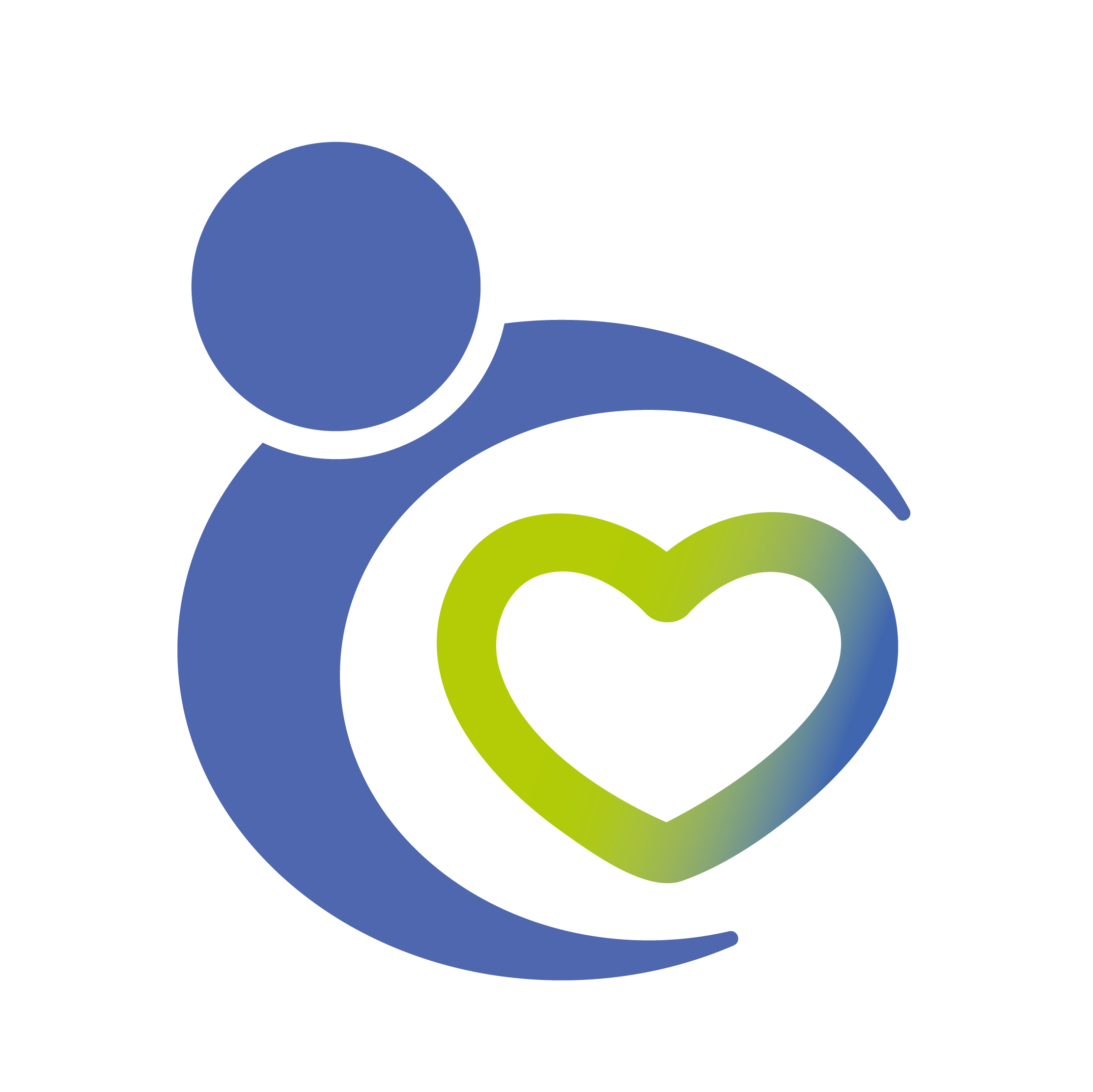Rebecca Minkoff, in her LinkedIn article “Humanity in Business: Allow Your Personal Struggles To Inform Your Mission”, shares the story of an entrepreneur who was diagnosed with Stage 2 breast cancer. After chemo, surgery, and radiation, the patient realized her treatment team was concentrating more on getting through their workday instead of putting her, the patient, at the center of their care and attention.
Patient-Centered Care
According to April Reynolds, patient-centered care “…focuses on the patient and the individual’s particular health care needs.” She adds, “Patient-centered care also requires that the health care provider become a patient advocate and strive to provide care that not only is effective but also safe.”
When you act as patient advocate for your loved one, you have the ability to see if the treatment team is putting your loved one at the center of attention. If the patient isn’t the center of attention, you have the opportunity to gently bring the attention to where it should be – on your loved one.
As we go about our everyday lives, it’s easy to forget the dehumanizing impact we can have on others, simply by forgetting to treat them as unique human beings.
The fabric of patient-centered care is made from “meaningful interpersonal relationships between the patient and the provider” (NAHQ). These relationships promote the values of the individual and work to empower shared decision making as a team including the patient and their advocate.
Even during difficult medical situations, medical care and treatment can be supportive and edifying.
Team Work Makes the Dream Work
My mother was scheduled to have an MRI to rule out a stroke. We were beginning the journey toward her eventual Alzheimer’s diagnosis and, at this time, she was very confused and unsure about getting out into medical environments. Knowing it would reassure her to understand what to expect, I called the unit to see if I could get some details before the testing day. Reception put me directly through to the tech scheduled to perform mom’s MRI. SHE. WAS. FABULOUS. She answered every question and made me feel like she would treat my mother as her own.
When the day of the MRI arrived, Mom’s record had been flagged and I was invited to accompany Mom to the testing area. This was not the norm and I am sure the tech made an exception for us simply to support my mother and make my mother’s experience a positive one.
As Mom’s advocate I was able to support her emotionally as she went into a scary, unknown situation. I also had the opportunity to ask the experts questions which they thoroughly and patiently answered. In the end, both Mom and I were respected and given every opportunity to be “part of the team”. This is exactly how patient-centered care should work.
Patient-Centered Care: Tools and Outcomes
Patient-centered care is more than just emotional support and shared decision making. It’s been shown that patient-centered care can improve clinical outcomes. (NAHQ).
In our modern society, more patient-centric technology tools are available to patients than ever before in history. These tech tools may help manage chronic disease.
Imagine how we can leverage tech tools to help our loved ones using a patient-centered approach. Online pharmacies, telehealth capabilities, and remote monitoring are all tools to easily promote improved health outcomes.
Patient portals are the foundation of online patient-provider communications. Patient portals allow direct communication between the patient and the healthcare provider, allowing for timely responses outside of the examination room.
Appointments may be managed, reminders sent, and test results shared – all through one secure log in to support and maximize the effectiveness of patient-provider time together.
Patient advocates can use tech tools to help patients communicate, organize, and follow through on appointments and treatments.
Conclusion
As a team, the provider, patient, and advocate can link all the healthcare pieces together to benefit the patient and their health outcome.
Patient-centered care provides the best of all worlds for patient, provider, and advocate. When your loved one needs medical care, they should not be treated like “business as usual”. Your loved one should be at the center of attention in every situation. Successful patient-centered care is free and easy communication, emotional support, education, and empowered decision making. As an advocate, you can facilitate patient-centered care in all situations to help your loved one get the best healthcare possible.


Recent Comments